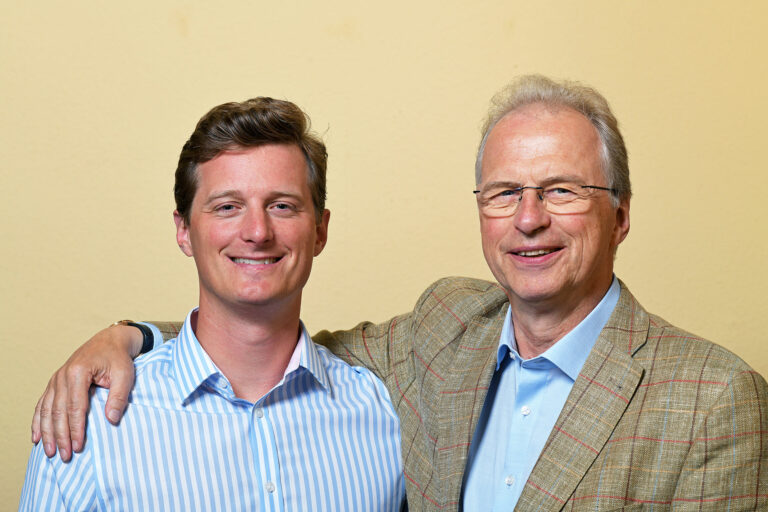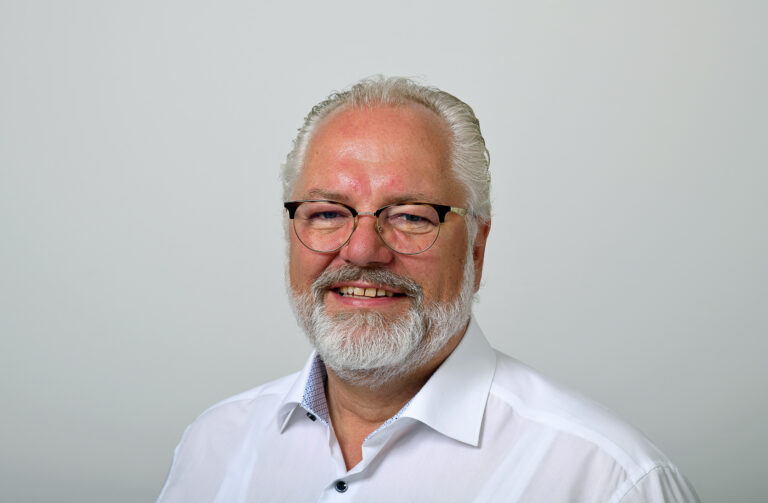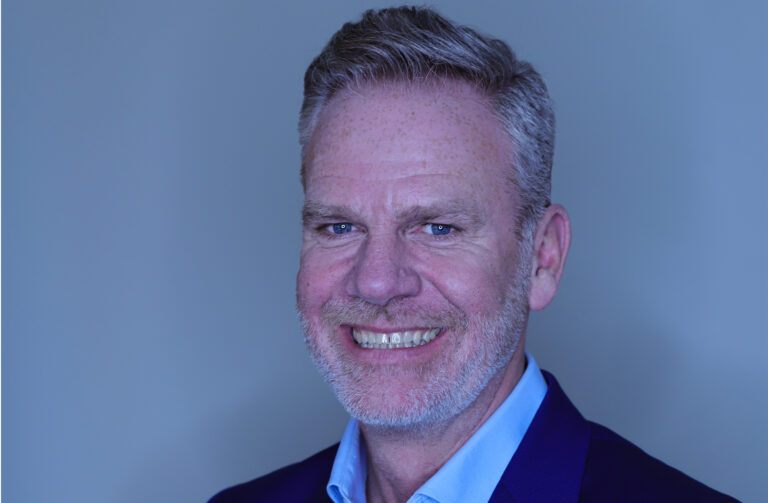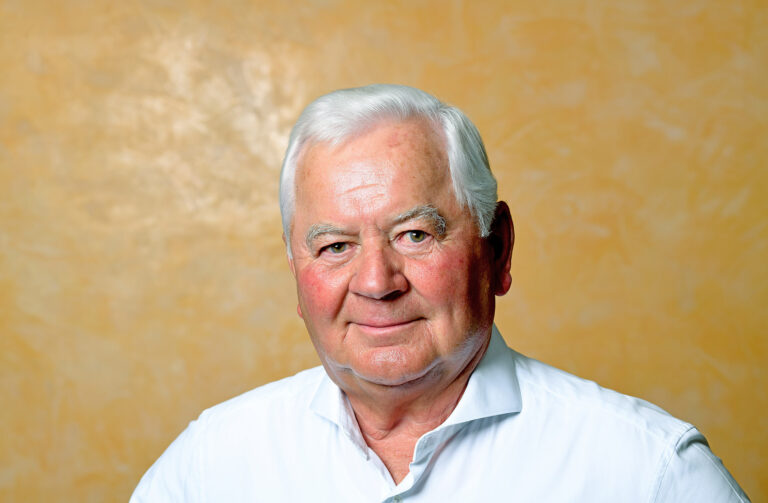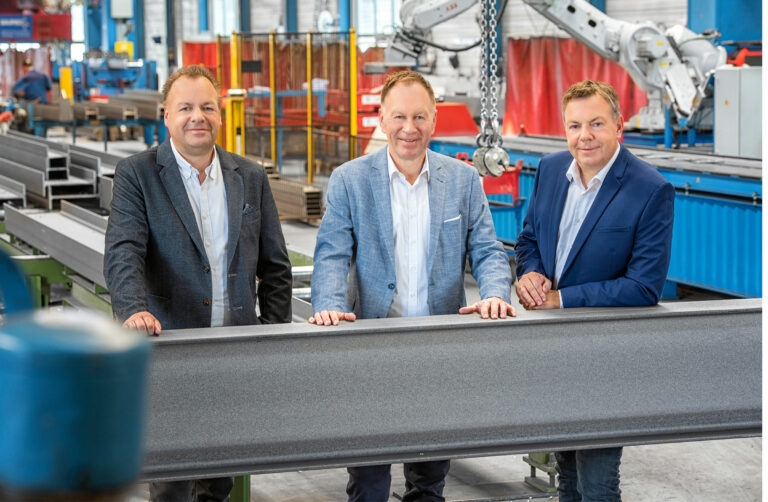Tina Heliosch, René Duvinage
There are some stupid questions, that are actually only stupid at first sight. For example: is the opposite of the opposite is the same thing, or something else entirely? Or why does superglue stick to everything, but not to the inside of the tube? Or, and this brings us round to our actual topic, what happens when there’s no work left for the Employment Agency to do?
While we ourselves have a think about the first two questions for a moment, we’ll put the third one directly to two real experts who ought to know: Tina Heliosch, who is boss of two Employment Agencies, one in Osnabrück and one in Vechta, and her colleague René Duvinage, who’s in charge of the Employment Agency in Nordhorn. Actually, they are both officially called Chief Executive Officers, to use their proper titles! However, the modern work done by today’s Employment Agencies has very little in common with the Labour Exchanges of yesteryear, as becomes apparent already in the first answers from our two interview partners.

The working world is undergoing rapid transformation as a result of the three big “Ds”: digitalisation, demographic deve-lopment and decarbonisation. On the one hand, various busi-ness segments and certain types of job content are disap-pearing; on the other hand, new jobs and requirements are emerging with an urgent demand for skilled workers now or in future, says Tina Heliosch: “Modern Employment Agencies now only spend a small amount of their time with the tradi-tional approach to finding work for the unemployed. Today, it is more a case of recognising developments on the job market, and providing companies and workers with timely advice to help them stay competitive. From the moment that people start working, the Employment Agency accompanies them in an advisory capacity throughout their whole working life. The Employment Agency is well adjusted to modern times, with a large number of online services available 24/7, their own app and flexible possibilities for obtaining advice, including video calls.” In the future, employment histories where people have worked for the same employer, doing the same job, for more than four decades before they retire, will tend to be the exception rather than the rule. Instead, the modern working world will involve interruptions and job changes. This also alters the challenges facing the placement staff in the Em-ployment Agencies, who now spend more time looking for special and individual solutions, rather taking a large-scale approach.
René Duvinage, Chief Executive of Nordhorn Employment Agency, describes it with reference to the world of sport: “You could say we used to coach non-league teams and teach them basic football skills, but now we seem to have moved up a few divisions with a focus on more advanced technique and tactics, which takes a lot more coaching.” This includes further training opportunities for the clients, which can also entail additional forms of support, such as assistance with covering the costs for child care, for ex-ample. The Employment Agencies also offer employers subsidies for the costs incurred in training courses, as well as refunding the hours lost when staff are away.
Today, professional know-how is renewed almost totally within just a few years, with a growing tendency. “The old saying about life-long learning is more relevant today than ever before. In a world that’s constantly changing, innovation is the key to remaining successful in personal, professional and economic terms.” The colleges and universities are, of course, strong partners in this context: those here in the region are very well positioned and currently undergoing dynamic growth, as Tina Heliosch emphasises: “The region stands out with the magnetic appeal of its universities, to-gether with the structurally sound economy characterised primarily by small and medium-sized businesses. This pro-vides important general conditions also for our own work.
It is also an incentive for ensuring that the transformation process develops along good lines.
Another current issue that was less significant for the old-school Labour Exchange, apart from the era of the “Econo-mic Miracle”, is the urgent need for foreign workers on the German labour market. Once the baby-boomer generation gradually retires from working life, skilled hands and clever minds from other countries will be simply indispensable in order to keep things going.

René Duvinage sees his area with the County Bentheim and the Emsland as being well prepared in this respect: “We’re a region of movers and shakers, we think in solutions and not in problems.” The close proximity to the Netherlands alone means that sharing what feels like a common labour market with a European neighbour has become part of everyday life. Here in the north, dealing with other more distant countries is viewed quite pragmatically as an opportunity: “Many Syrian refugees will quite definitely not be returning to their own country. We need them here too, and are actively integrating them in the labour market and in society.” René Duvinage sees this as an important political aspect of his work: “Facts beat myths, and we’re strong when it comes to facts.”
Heliosch is driven by wanting to make work attractive, also with an eye to social changes. She puts a special emphasis on “care work”: “We must think more about giving employees better support and making sure they can stay with the companies. What’s needed is an HR policy that is geared to the individual phases in life, with flexible working hour models and support programmes. Young parents should have the chance to work flexible hours so that they can look after their children. They could then work longer hours again at a later point in time. However, if their own parents should be in need of care, more flexibility may be needed again here.”

Both Tina Heliosch and René Duvinage have been employed by the Federal Employment Agency for many years, each climbing the rungs of their ca-reer ladders in many different parts of Germany. Whether Hannover, Bremen or now Osnabrück, Tina Heliosch has always remained true to her home town Wilhelmshaven, despite all the professional flexibility that was needed: “My father served in the armed forces. That meant that we moved around a lot when I was a child. I had to keep on getting used to new places, and learnt to find my way around quickly and make new contacts. That helped me a great deal once I started my career, and it still helps me now. Wilhelmshaven, where I live with my husband and the family, has become my source of strength, offering continuity when everything else keeps changing.”
As far as René Duvinage is concerned, the Agency is also in his blood, so to speak: “I’ve been working for the Federal Employment Agency since 1992, and have naturally seen a lot happening over the years. But it’s never been quite so challenging but also so exciting and gripping as in the last few years.” He commutes from his home in Bramsche in Osnabrück District to his workplace in Nordhorn, because Bramsche suits him just fine: “I’ve got my house here, and it’s where I play football with FCR Bramsche.“ The left winger even played in the regional league for a while, and is pleased that his son Brian also enjoys football: “By the way, we named him after the Danish forward Brian Laudrup, so it’s pronounced Bri-an in the Nordic fashion and not like the English name.”
Tina Heliosch also likes to keep active: “I’m a bit of a live wire I must admit, both at work in a positive sense but also in my private life. Constantly chan-ging workplaces and all the many evening commitments meant it wasn’t really possible for me to be part of regular sport groups in recent years. Instead, I’ve discovered EMS training as a way of staying active. It’s efficient and extremely effective. I like that, at work and also when it comes to sport.” For those who don’t know the acronym, EMS stands for electromyostimulation, where the muscles are stimulated by electrodes and electric impulses. Both Tina Heliosch and René Duvinage manage to keep fit, which is a good thing: if they have plenty of energy, then they’ll find it easier to cope with their work-loads. Coming back to our initial question, the Employment Agency will definitely not be running out of work any time soon.
That just leaves us with the other two stupid questions. Superglue doesn’t stick until it is exposed to the air, because it needs the humidity in the air to harden. And the opposite of the opposite does not have to be the same thing: it could also be the equivalent.
Agentur für Arbeit Osnabrück Agentur für Arbeit Nordhorn
Telefon: 080045555-00
Web: www.arbeitsagentur.de/vor-ort/osnabrueck
www.arbeitsagentur.de/vor-ort/Nordhorn
Sie sehen gerade einen Platzhalterinhalt von Standard. Um auf den eigentlichen Inhalt zuzugreifen, klicken Sie auf den Button unten. Bitte beachten Sie, dass dabei Daten an Drittanbieter weitergegeben werden.
Mehr Informationen





